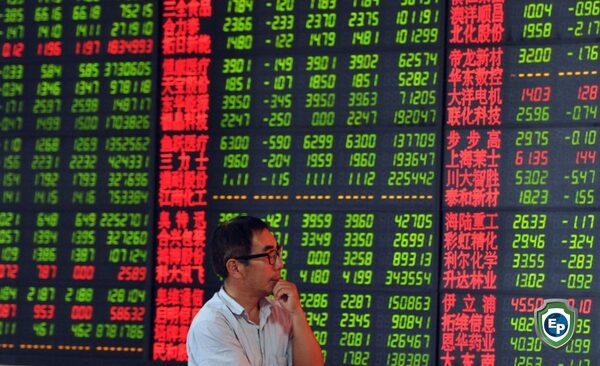How Can Quantitative Tightening Affect the Economy?
Prices for a wide range of goods have risen in the last year, as you’ve probably noticed in your wallet. Last year, US dollar inflation was more than 6%, while in the Eurozone, it was up more than 5%. People are feeling the impact in their daily lives, and central banks are being forced to respond.

Reasons for the Inflation
There are several reasons for the spike in inflation, but experts agree that it is mostly related to the aftermath of the pandemic. During the pandemic, factories had to close, reducing manufacturing output. At the same time, governments have launched massive stimulus packages, accelerating household demand. As supply chains could not handle that spike in demand, prices have increased.
Other factors are at work, such as rising energy prices as a result of climate change measurements and the Ukraine crisis.
If inflation rises, the Federal Reserve System, which is the US central bank, will be forced to cool the economy. That is mostly done via two ways: interest rate increases or quantitative tightening.
Quantitative tightening is contrary to quantitative easing. When the economy crashes (like it did back in March 2020), central banks increase the available liquidity by buying securities from the markets – mostly bonds – and taking them on their balance sheet. That is quantitative easing.
On the other hand, the opposite happens when the economy overheats. Central banks either sell these securities back into the market or let them expire. That is quantitative tightening.
The Effects of Quantitative Tightening
When the Fed takes liquidity out of the markets, consumers have less money to spend, and businesses have to pay higher capital costs (because capital is more scarce). As a result, there is less consumption activity. That, in turn, should theoretically depress prices.
However, the danger is that the liquidity drain could also hurt the economy by depressing investment activity. Therefore, the challenge for the Fed is to find the balance between the two: taking out enough liquidity to cool down inflation while still providing enough liquidity for companies and individuals to keep investing.

Stay Tuned with Export Portal
Export Portal understands the importance of communicating relevant information to help businesses thrive in the world of trade. To learn more about the latest news, make sure to check out our blogs today!


